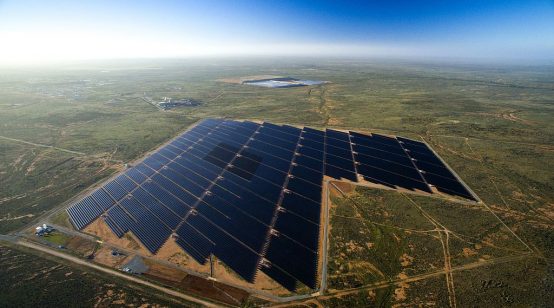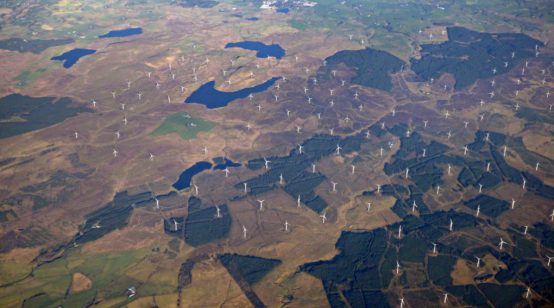As the use of polluting coal comes under more scrutiny across the European Union, the UK says it has been powered for more than 1,000 hours without using the outdated fossil fuel this year.
The last eight UK coal power stations staged a brief revival when the Siberian cold spell drove up gas prices in the spring.
MyGridGB said, however, the country passed the 1,000 coal-free-hours mark this week.
Last year there were 624 coal-free hours and 210 hours in 2016. The UK is currently experiencing a prolonged hot spell, which has jammed some solar networks as they struggle to cope with the influx of power.
And with the EU Coal Regions in Transition Platform is being held this month, environmental groups in Poland and Slovakia have called attention to the selection procedure for projects that will receive EU funding.
“Lack of transparency and insufficient participation means that many of the projects which applied for finance under the platform framework are coal companies, while citizens from the affected regions have been sidelined,” said CEE Bankwatch, a green NGO network.
In the UK, Andrew Crossland of MyGridGB said: “In 2018, Britain saved its coal use for when it needed it most – during the March cold snap.
“Over the rest of the year, Britain’s renewable sector has provided record amounts of electricity, with more than 7.4 per cent coming from solar over the past four weeks.”
In 2012 coal supplied 40 per cent of electricity but this year it has provided less than 6 per cent.
In September, the Eggborough power plant in Yorkshire and Kilroot in Northern Ireland will close.
Renewables supplied 30.1 per cent of electricity in the first three months of 2018, according to the government, and generation from offshore wind farms rose by 53 per cent.
The absence of cloud in recent weeks has led to photovoltaic records with 1.94 terawatt hours (TWh) of power generated between June 10 and July 9, beating the previous record of 1.77TWh.
Alastair Buckley of the University of Sheffield said: “Some of this increase is due to more solar having been installed since 2017 but most of the increase is climatic, with summer 2018 being the fifth sunniest on record so far.
“These figures highlight the growing importance of solar energy as a low-carbon and low-cost source of electricity.”
Eggborough in Yorkshire. Picture credit: Wikimedia





